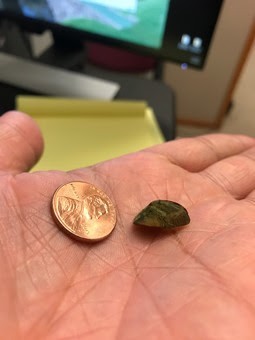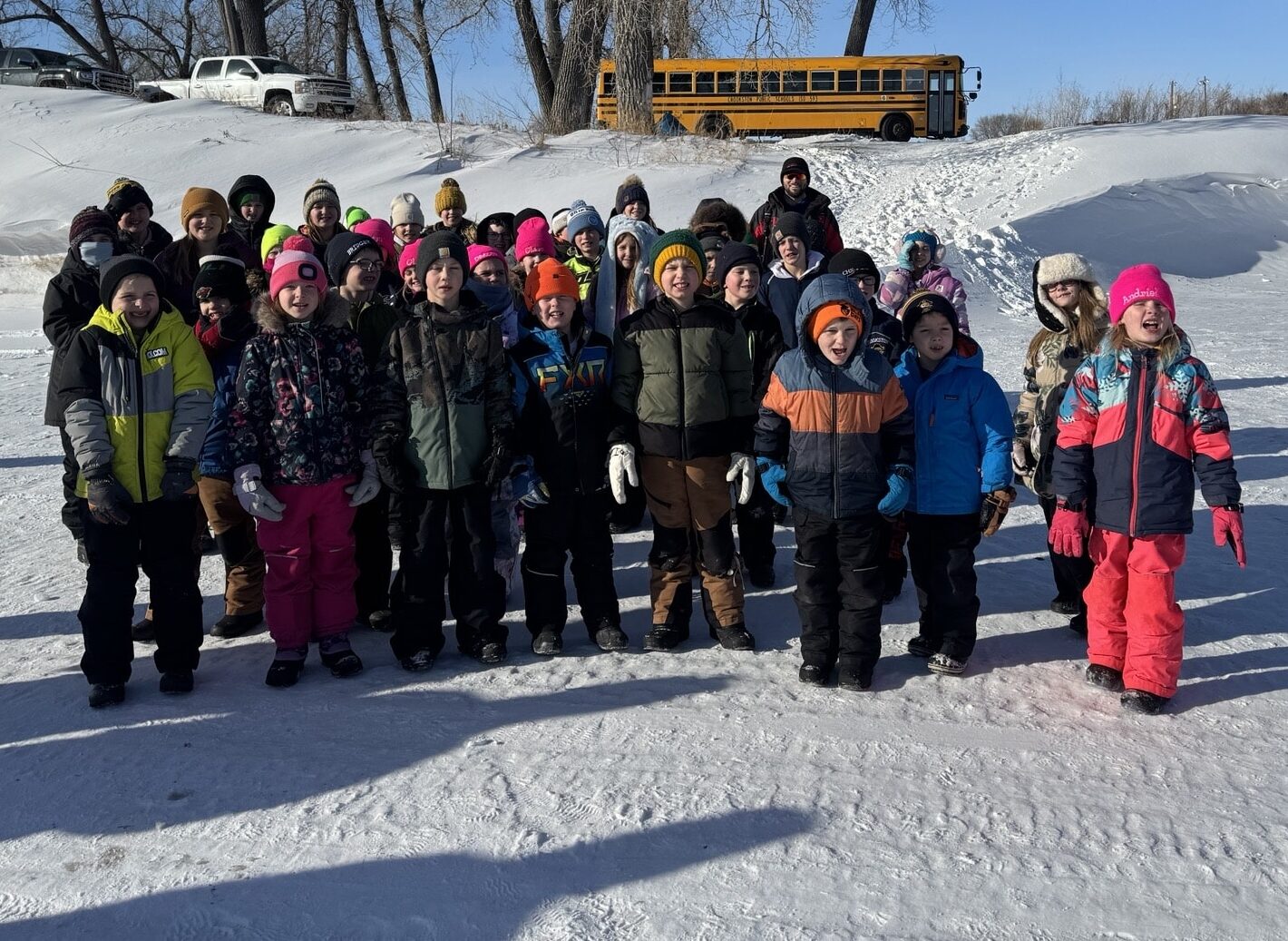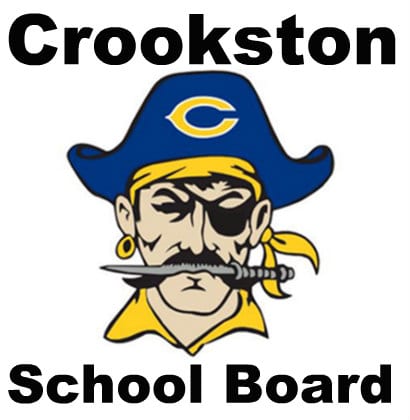The Minnesota Department of Natural Resources has confirmed reports of zebra mussels in South Twin Lake in Mahnomen County.
A lake user contacted the White Earth Nation Division of Natural Resources after finding what was subsequently confirmed to be an adult zebra mussel along the southeast shore of South Twin Lake. During two days of follow-up field inspections, White Earth staff found an additional adult zebra mussel on the opposite side of the lake.
The DNR appreciates the expertise and efforts of White Earth Natural Resources staff, along with the helpful initial report from the lake user who contacted them.
Whether or not a lake is listed as infested, Minnesota law requires boaters and anglers to:
- Clean watercraft and trailers of aquatic plants and prohibited invasive species.
- Drain all water by removing drain plugs and keeping them out during transport.
- Dispose of unwanted bait in the trash.
Some invasive species are small and difficult to see at the access. To remove or kill them, take one or more of the following precautions before moving to another waterbody:
- Spray with high-pressure water.
- Rinse with very hot water (120 degrees for at least two minutes or 140 degrees for at least 10 seconds).
- Dry for at least five days.
Zebra mussels can compete with native species for food and habitat, cut the feet of swimmers, reduce the performance of boat motors, and cause expensive damage to water intake pipes.
People should contact an area DNR aquatic invasive species specialist if they think they have found zebra mussels or any other invasive species that has not already been confirmed in a lake or other waterbody.
More information is available at mndnr.gov/ais.
Tags:



